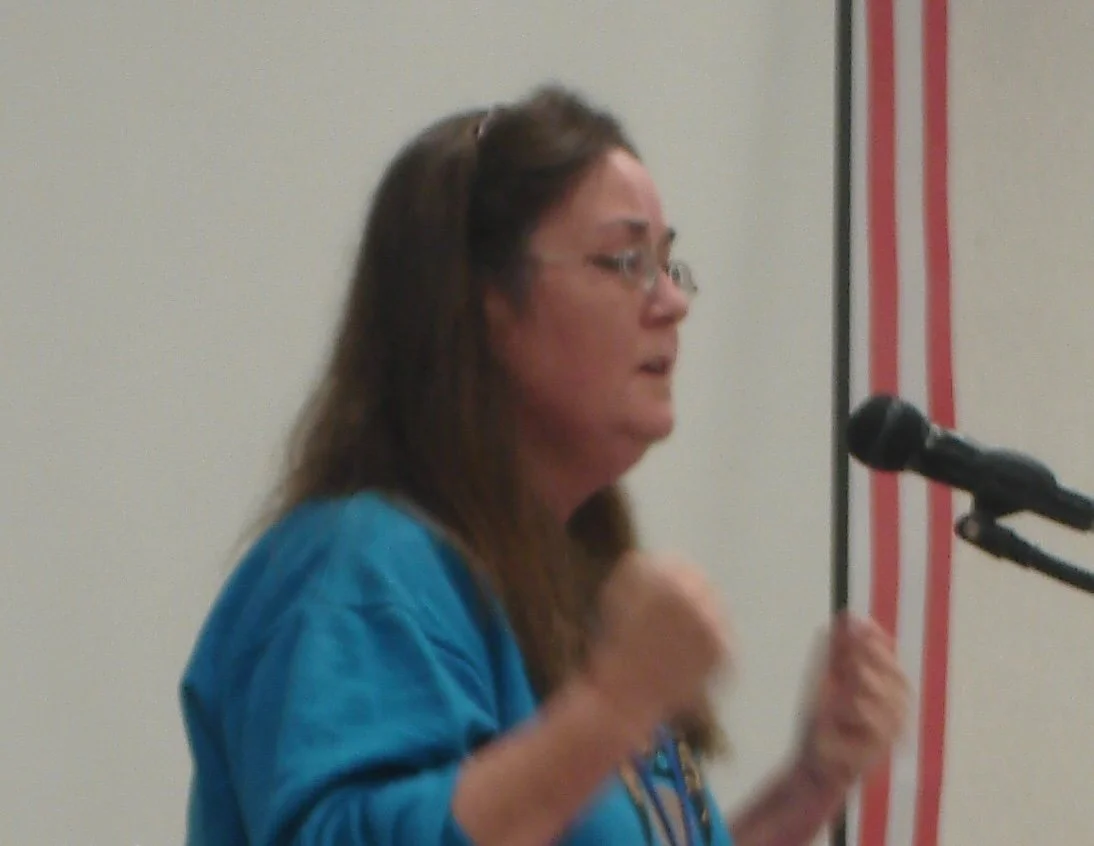Wendy McElroy opens her article On Abortion with this paragraph:
When I was eighteen, I chose to have an abortion. Accordingly, the question I am addressing here is nothing less than whether I have committed murder. If the fetus is a human being with individual rights, then I am among millions of women who have committed first degree, premeditated murder, and I should be subject to whatever penalties are imposed upon that crime. The fact that I did not know I was killing a human being is irrelevant, just as the state of knowledge of a racist who kills blacks while believing them to be animals is irrelevant to the fact that he has committed murder. If you shy away from such prosecution, you are shying away from the antiabortionist position.
McElroy makes numerous arguments about abortion that I disagree with, but here I want to focus on her argument that being against abortion logically entails advocating prosecution of millions of women for having previously committed the crime of murder. What she is saying is that if you want to oppose abortion on the principled grounds that it is an act of aggression, you must accept that you are advocating imprisoning millions of women for past abortions. Failure to acknowledge this, according to McElroy, is to be inconsistent or to obscure the implications of one's argument.
This is simply false. McElroy is conflating two entirely separate problems:
- What are the correct principles that should be law in a libertarian legal order?
- Once a libertarian law is established, how does one address justice or accountability for past wrongdoing?
McElroy assumes that you can only recognise a libertarian law if you are also advocating that it be retroactively applied. The abolitionists certainly did not think that way about slavery. They focussed on making slavery illegal and there was no push for ex post facto justice against former slaveholders. Ex post facto laws are prohibited by the U.S. Constitution and in many other countries, in line with Enlightenment legal principles.
Libertarians hold that the State is a criminal organisation based on theft. This implies that all the people who work for the State are part of a criminal gang. However, this does not mean that all current government employees would have to go to prison if a libertarian legal order were established. Some kind of retroactive punishment might be justified in some cases, but it is not a given. Getting the law right and accounting for past injustices are two distinct problems.
When it comes to outlawing abortion, there are many reasons for libertarians to argue that such a law should not be applied retroactively, especially since so many people do not yet understand or accept that abortion is wrong. The message of the current law is that abortion is a blameless act. Public education, the media, and most intellectuals (including libertarians) endorse abortion. Establishing a law against abortion would require a complete change in societal norms. Under these circumstances, it is not at all clear that retroactive punishment would be justified.
So, no, I can argue that abortion is homicide without arguing that Wendy McElroy has to go to prison because she had an abortion when she was 18. Just like the abolitionists, I can argue that it is time to recognise a crime without advocating retroactive punishment for what happened in the past.
Having dealt with the argument about retroactive justice, there is another implication in McElroy's statement. I think McElroy is emphasising that the very idea that millions of regular women have committed homicide seems alien and outlandish to her.
Yet the reality is even more shocking. McElroy only talks about women, but seeing abortion as a violation of the nonaggression principle implies that millions of men, too, have been accomplices or direct causal agents in homicide. After all, the men were also parents with responsibility for the child. If the men did not object or try to prevent the abortion, they were complicit in the crime. And beyond just complicity, no doubt countless of those men were in fact the ones pushing the women to get the abortion, so they were the instigators of the crime.
Indeed, this does all seem like a very hard pill to swallow. To recognise abortion as a violation of the nonaggression principle implies that approximately a fifth of the population has committed homicide against the most defenceless and innocent human beings of all. Even if those mothers and fathers who had aborted their child before a law against abortion was established understood that there would be no retroactive justice against them, they would still have to come to terms with the reality of what they have done.
